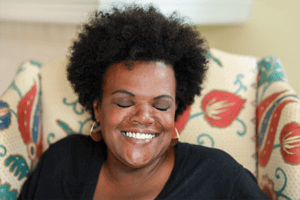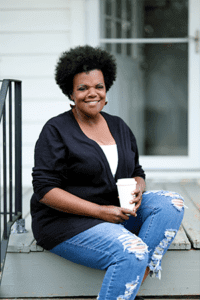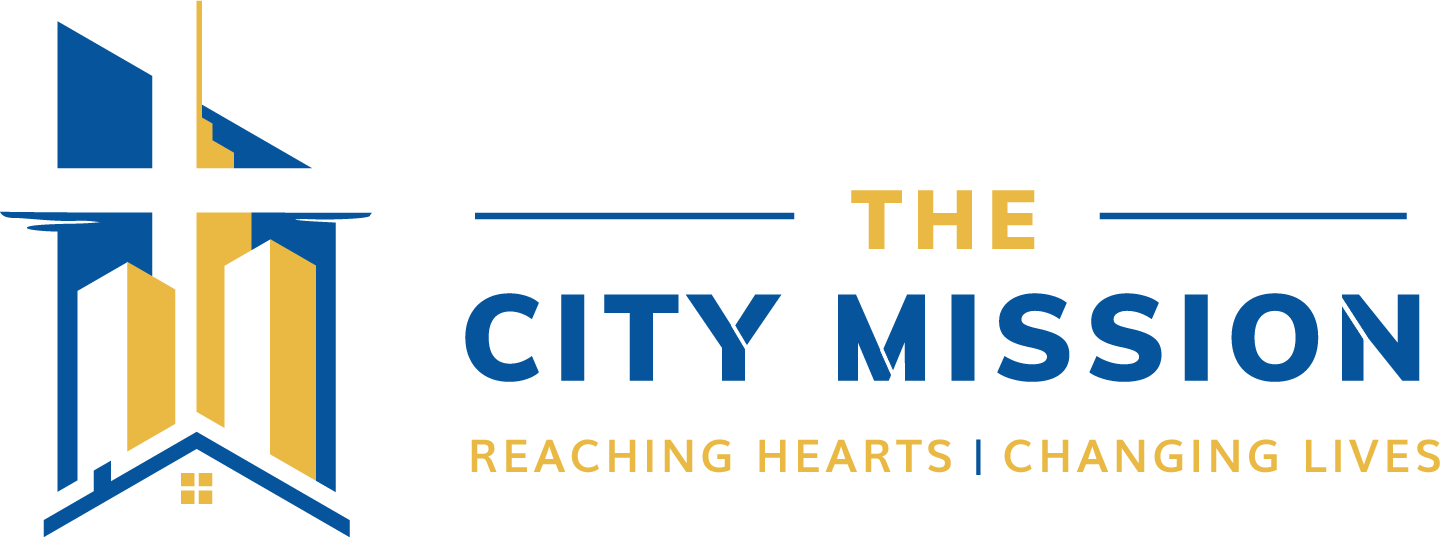Rhonda is Coming Back
From living in a tent to helping recovering addicts, life comes full circle
Rhonda grew up in a pleasant, white, middle-class suburban neighborhood in the 1960s, but her childhood was far from the American Dream. When she was only 3, her father was killed in the Vietnam War, leaving her mother to work long hours to provide for her and her two sisters.
“I don’t think my mom ever really recovered from that,” Rhonda, now in her 60s, recalls.
The loneliness only seemed to grow as she entered school. Being one of a few African Americans in her town, she quickly found that her options for friends were limited.
“It was a really hard environment, so I always felt like an outcast at school,” Ronda said. “I think that’s what led to me having problems with alcohol and addiction. I never felt like I really fit in. That’s what started my isolation.”
Searching for belonging in the wrong crowd, she took her first drink of alcohol when she was barely a teenager.
At the age of 23 Rhonda knew she had to get away from her toxic community. She moved to Cleveland and completed a nine-month drug treatment program.
Soon, Rhonda had several successful jobs in hospitality and worked hard to complete her ultrasound tech degree. But her addiction kept coming after her. Finally, her disease cost her the job and licensure she loved so much.
At her lowest point she found herself homeless and living in a tent by the Cuyahoga River
Here are two unique ways Team Captains are using their talents to ask their community to make a difference with them.
How Addiction Fuels Homelessness
Rhonda’s story is unique, but her cause of crisis is all too common. A study by The National Coalition for the Homeless has found that 38% of homeless people are alcohol dependent, and 26% are reliant on other harmful chemicals. Stereotyping all people experiencing homelessness as addicts should be avoided, but there is no doubt that addiction increases the risk of homelessness.
Substance abuse leads to a wide variety of consequences that can spiral into housing instability. Addiction fuels job loss, physical complications, criminal activity, depression, financial struggles, and most importantly, relational chaos.
An emerging understanding of the causes of homelessness is leading experts to say that people do not become homeless when they run out of money – they become homeless when they run out of relationships.
When Rhonda had burned all her bridges, she eventually turned to Laura’s Home Women’s Crisis Center, a program for women and children experiencing homelessness in Cleveland. Her first stay at Laura’s Home was in 2017. She went through the program and eventually left feeling confident she was ready for the world.
Sadly, her addiction won out and she found herself out of options once again. She called Laura’s Home to see if they’d give her a second chance. They did, and this time, thanks to the unique individualized program, Laura’s Home gave Rhonda the time she needed to truly heal. Today, she is thriving.
Laura’s Home is Removing the Barriers to Care

“If we don’t address that, it’s hard to reach the other areas that need to be looked at,” she says.
Unfortunately, several factors hinder women from getting the help they need.
“If they go into the city for care, they’re more vulnerable,” Krost says. “A lot of their triggers happen that could cause a relapse.”
For mothers, finding childcare while they receive treatment is another problem.
Krost worked with Michael Hahn, Program Manager at Laura’s Home, to offer a practical alternative: the Intensive Outpatient Treatment Center. The IOTC allows women to concentrate on their own wellness at Laura’s Home while their children are cared for under the same roof.
“Typically, a woman is in the program for 36 sessions. Aftercare is 12 sessions,” Krost explains. “They’re in treatment for a minimum of three hours a day.”
The program teaches women coping skills, identifies triggers, and explains that recovery requires making positive choices. It also offers individual counseling for women unable to share in a group setting.
“It helps these ladies see there’s hope and possibility for change,” Krost says.
The program has been in place for about 6 months, but Krost already sees its impact.
“Being able to say to someone, ‘Look how far you’ve come!’ makes our hearts so full. When we see that, we know what we’re doing here is working.”
Now Free, Rhonda is Turning Her Attention to Others

“I’ve accomplished so much since I was at Laura’s Home. I got my license back and I bought a car, I brought my credit up by 200 points, and through Scranton Road Ministries I got my criminal record expunged,” Rhonda shares as she smiles through her tears.
She also credits one more relationship as critical to her success – her faith in Jesus.
“I made a really solid relationship with Jesus [at Laura’s Home] and without him I wouldn’t have been able to do any of that,” she shares.
Rhonda now works at a restaurant and is studying to earn her ultrasound tech license back so that she can return to working with the geriatric community – a demographic she loves. She’s also ready to be that bridging relationship to sobriety that is critical to the recovery of others.
“There’s so many women at Laura’s Home that need someone who has walked in their shoes,” she said. “They have walls built up and they come across as angry. All they need is someone to love on them.”
Rhonda goes back to Laura’s Home weekly and encourages the entire community to donate and volunteer to The City Mission, as they are able. After all, she says, “I’ve been blessed to have people in my life that have believed in me and never given up. I want women at Laura’s Home to know that their life can be so different, so rich, so full.”
This spring, if you would like to support meaningful recovery opportunities for men, women, and children seeking a fresh start, visit thecitymission.org to get involved.
Every contribution makes an impact
Reaching Hearts | Changing LIVES
The City Mission is funded entirely by private donations from people like you.
Will you provide help and hope to people in crisis today?
84¢ OF EVERY DOLLAR DONATED IS USED DIRECTLY FOR RESIDENT CARE.

